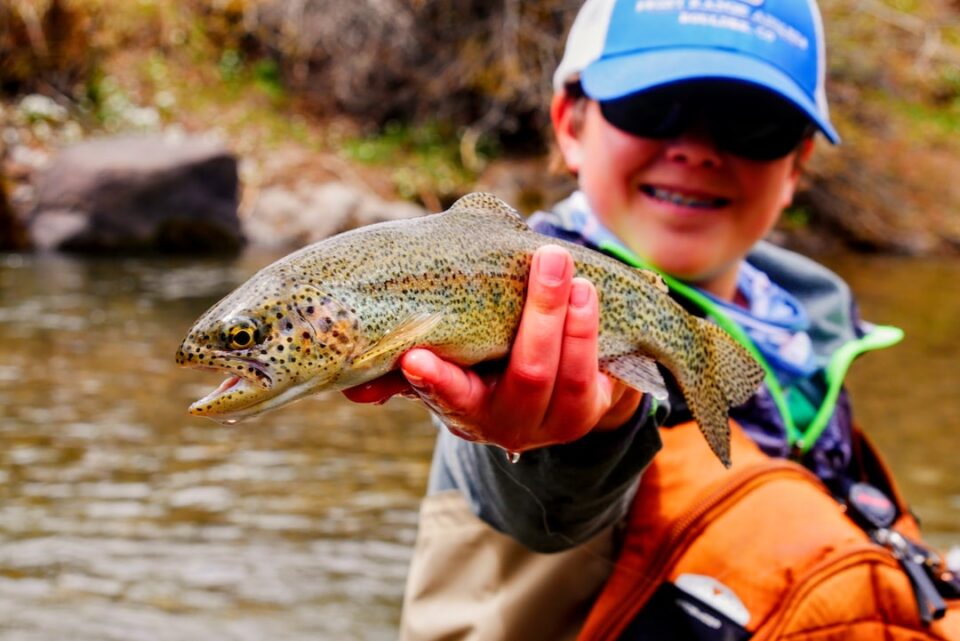Fishing lures have been a crucial element in the angling world for centuries. Designed to mimic the appearance and movement of baitfish, they are used to attract and catch a wide variety of fish species. However, behind their seemingly innocent purpose, fishing lures harbor environmental impacts and controversies that often go unnoticed.
One significant environmental concern associated with fishing lures is the issue of lost or abandoned lures. Anglers frequently lose lures due to snagging on underwater structures or when fish break free during a fight. These lost lures can become hazardous to the environment, as they remain in the water, potentially harming marine life. The materials commonly used in fishing lures, such as plastic, metal, and hooks, can pose threats to fish, birds, and other aquatic organisms if ingested or entangled. These hazards can easily disrupt ecosystems and even lead to the suffering and death of wildlife.
Another aspect of fishing lure-related controversy is the production process. The manufacturing of fishing lures involves the use of various materials, including non-biodegradable plastics and metals, contributing to waste generation. As demand for lures increases, so does the environmental impact associated with their production, such as pollution from factories and the extraction of raw materials. Additionally, the lifecycle of fishing lures is often relatively short, as they are easily lost or rendered ineffective over time. This further exacerbates waste management challenges and highlights the need for more sustainable alternatives.
To address these concerns, several initiatives and alternatives have emerged in recent years. One approach is the development of eco-friendly fishing lures made from sustainable materials. Manufacturers are now experimenting with biodegradable plastics and natural fibers to reduce the environmental footprint of lures. Additionally, some companies are exploring alternatives to traditional hooks, including barbless or easily dissolvable options, to minimize the potential for harm to fish and other marine creatures.
Awareness campaigns and education have also become critical tools in tackling the dark side of fishing lures. Anglers and fishing enthusiasts alike are being encouraged to be more mindful of their actions on the water. Simple measures like properly disposing of broken or worn-out lures, using safer alternatives, and adopting responsible fishing practices can significantly reduce the negative impact fishing lures have on the environment.
In conclusion, while fishing lures have long been a beloved and essential tool for anglers, it is crucial to acknowledge the environmental impacts and controversies associated with them. The issue of lost or abandoned lures, with their potential harm to marine life, as well as the environmental toll of their production process, need to be addressed. However, with increasing awareness, the development of eco-friendly alternatives, and responsible angling practices, we can mitigate the adverse effects of fishing lures and ensure a more sustainable future for both the sport and the environment.
Publisher Details:
Conspiracy Fishing
https://www.conspiracyfishing.net/
Unveiling the secrets lurking beneath the surface of truth, brace yourself for a mind-bending journey into the abyss of enigmas. ConspiracyFishing.net is your exclusive portal into the world of intricate webs spun by unseen forces. Dive deep into a sea of mind-blowing theories, exposing shadows that dare not be revealed. Are you ready to reel in the hidden truths?

